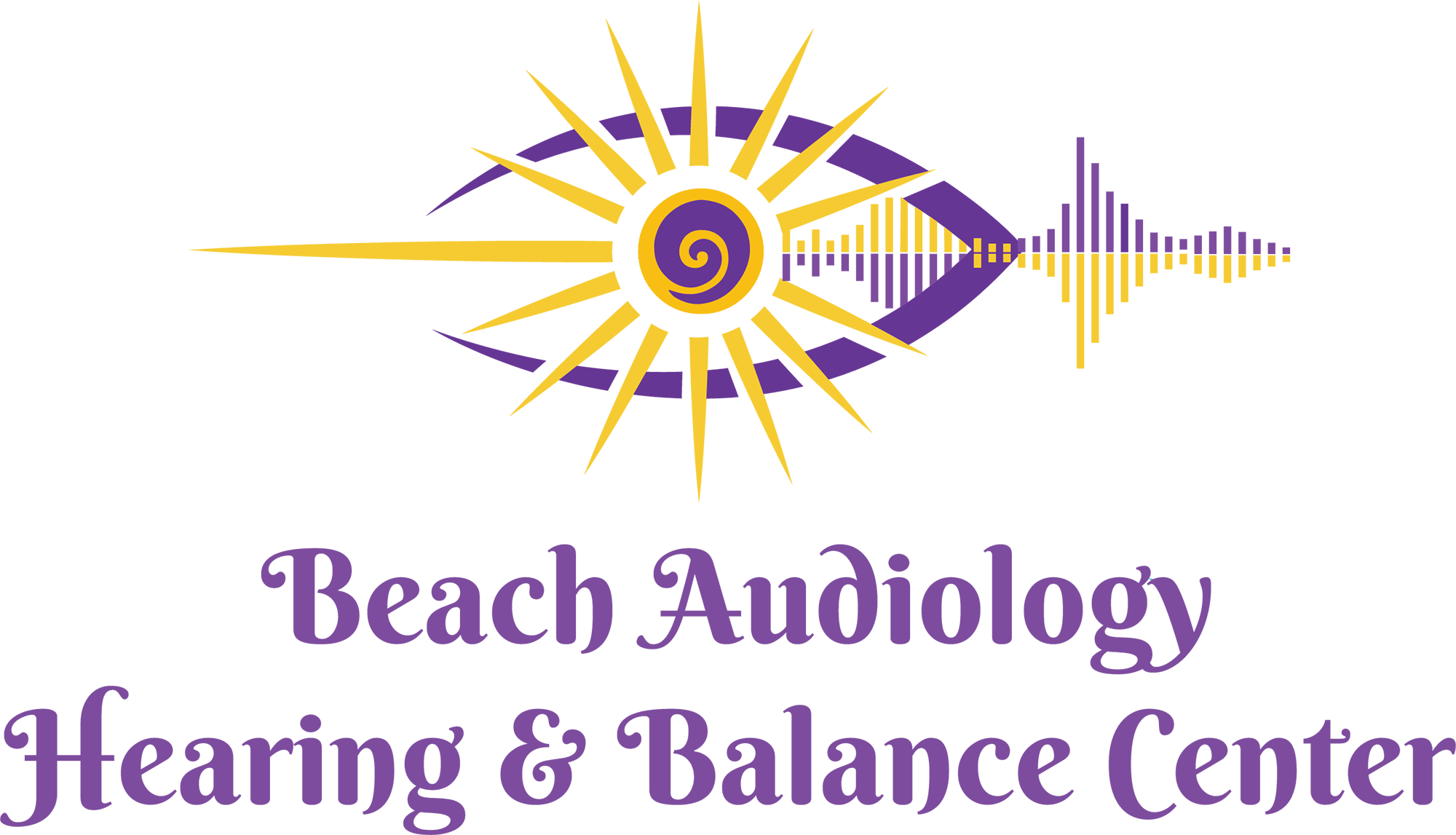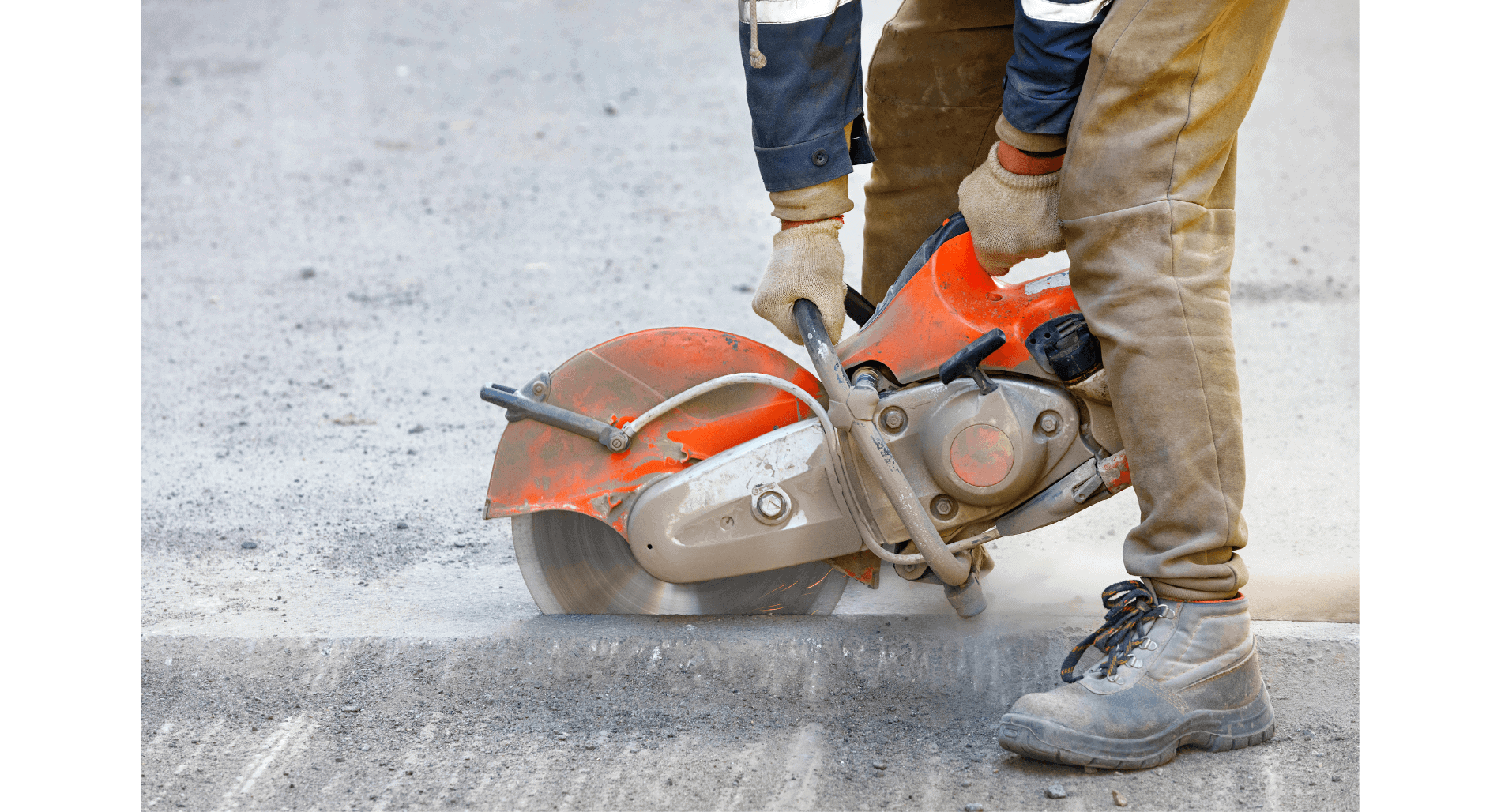While air and water pollution are familiar concerns, one form of pollution that often goes unnoticed is noise pollution. We’re surrounded by sound day in and day out, and all this noise affects our overall health and well-being.
Excessive and prolonged exposure to loud noise can have severe consequences for our hearing health as well as our overall health.
Understanding Noise Pollution
Noise pollution refers to the presence of unwanted or excessive sounds that disrupt normal living conditions. It can originate from various sources such as heavy traffic, construction sites, industrial machinery, airports, concerts, and even personal electronic devices like headphones and earphones. Noise pollution can also include every day sounds like the hum of your fridge, water running in the shower, and all the other sounds around you.
How Does Noise Damage Our Ears?
Our ears perceive sound waves and transmit them to the brain for interpretation. However, prolonged exposure to loud noise can damage the sensitive structures within our ears. Excessive noise exposure, or even constant daily exposure to moderate noise, can lead to hearing loss over time.
The Decibel Scale: Measuring Noise
Noise levels are measured in decibels (dB). This scale allows us to understand the intensity of sound and its potential impact on our hearing:
- Sounds below 70 dB are generally considered safe.
- Prolonged exposure to sounds above 85 dB can cause hearing damage.
- Louder sounds, such as those exceeding 120 dB, can cause immediate and severe harm to our hearing.
To put it into perspective, a normal conversation typically registers at around 60 dB, while heavy city traffic may reach 85 dB. However, blasting music through earphones at maximum volume can easily exceed 100 dB, exposing our ears to potential harm.
The Consequences of Noise Pollution on Hearing Health
The impact of noise pollution on our hearing health should not be underestimated. Here are some of the consequences of prolonged exposure to loud noise:
- Temporary Threshold Shift (TTS): Brief exposure to loud noise can cause a temporary reduction in our ability to hear faint sounds. While this may resolve after a few hours, repeated instances of TTS can lead to permanent damage over time.
- Noise-Induced Hearing Loss (NIHL): Prolonged exposure to excessive noise can damage the hair cells in the cochlea, leading to permanent hearing loss. Initially, the damage may first affect the high-frequency sounds, making it difficult to differentiate speech in noisy environments. Gradually, speech clarity and the ability to hear low-frequency sounds may also be compromised.
- Tinnitus: Noise pollution is often accompanied by the development of tinnitus, a condition where individuals perceive ringing, buzzing, or hissing sounds in their ears. Tinnitus can be extremely disruptive, affecting sleep patterns, concentration, and overall quality of life.
- Hyperacusis: Hyperacusis is a heightened sensitivity to everyday sounds. Individuals with hyperacusis often find ordinary sounds uncomfortably loud and distressing. This condition can significantly impact daily activities, causing anxiety and isolation.
Preventive Measures to Protect Hearing Health
While completely escaping from noise pollution may be impossible, there are numerous ways to reduce its impact on our hearing health:
- Use Ear Protection: When exposed to loud noise, wear ear protection such as earmuffs or earplugs. This can significantly reduce the risk of hearing damage. Be sure to select appropriate hearing protection based on the noise intensity and duration.
- Limit Noise Exposure: Whenever possible, limit your exposure to excessive noise. Take regular breaks from loud activities and find quieter environments to give your ears a chance to rest and recover.
- Lower the Volume: When using personal electronic devices, such as headphones or earphones, practice responsible listening habits. Keep the volume at a moderate level and limit the duration of usage.
- Create a Quiet Environment: In your home or workplace, consider implementing measures to reduce ambient noise. This can include using sound-absorbing materials, maintaining machinery and equipment properly, and minimizing unnecessary noise sources.
- Educate and Advocate: Raise awareness about the importance of noise pollution and its impact on hearing health. Support initiatives that promote noise regulation and encourage responsible noise practices. By educating and advocating for change, we can all contribute to a healthier auditory environment.
Visit Us for Custom Hearing Protection
Noise pollution is a threat to our hearing health. If you’re worried about hearing loss, visit us today to take the right step for your hearing health.

